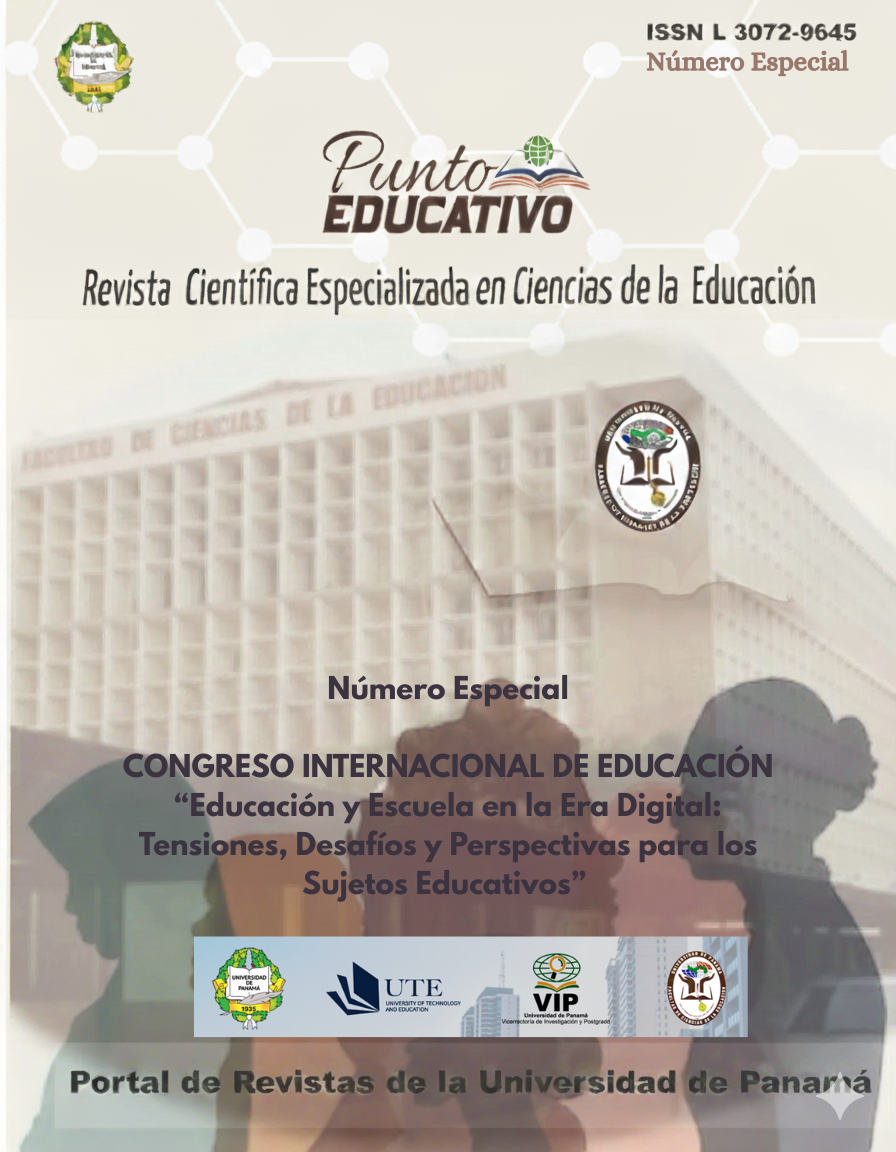

Derechos de autor 2025 Punto educativo

Esta obra está bajo una licencia internacional Creative Commons Atribución-NoComercial-CompartirIgual 4.0.
El desarrollo de competencias transversales, como el pensamiento crítico, la resolución de problemas y la colaboración, se han convertido en un objetivo central en la educación contemporánea. Esta ponencia presenta un análisis detallado de las intervenciones curriculares y didácticas implementadas en diversas instituciones educativas de Córdoba, Colombia, que han demostrado ser exitosas en la formación de estas competencias. A través de un estudio de caso, se exploran las estrategias pedagógicas adoptadas, los ajustes curriculares realizados y los recursos didácticos empleados para facilitar un aprendizaje significativo y aplicado. Los hallazgos destacan cómo las prácticas educativas innovadoras, como el aprendizaje basado en proyectos, el enfoque interdisciplinario y la integración de tecnología, han jugado un papel crucial en el logro de resultados positivos. Además, se discuten las implicaciones de estas intervenciones para el diseño curricular y la formación docente, subrayando la importancia de un enfoque holístico que considere las particularidades del contexto local.